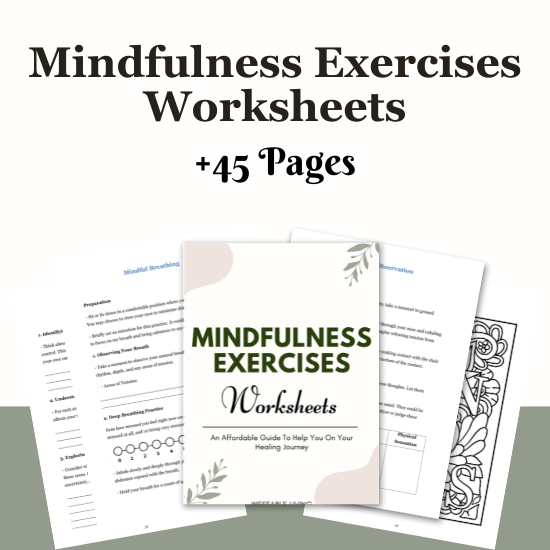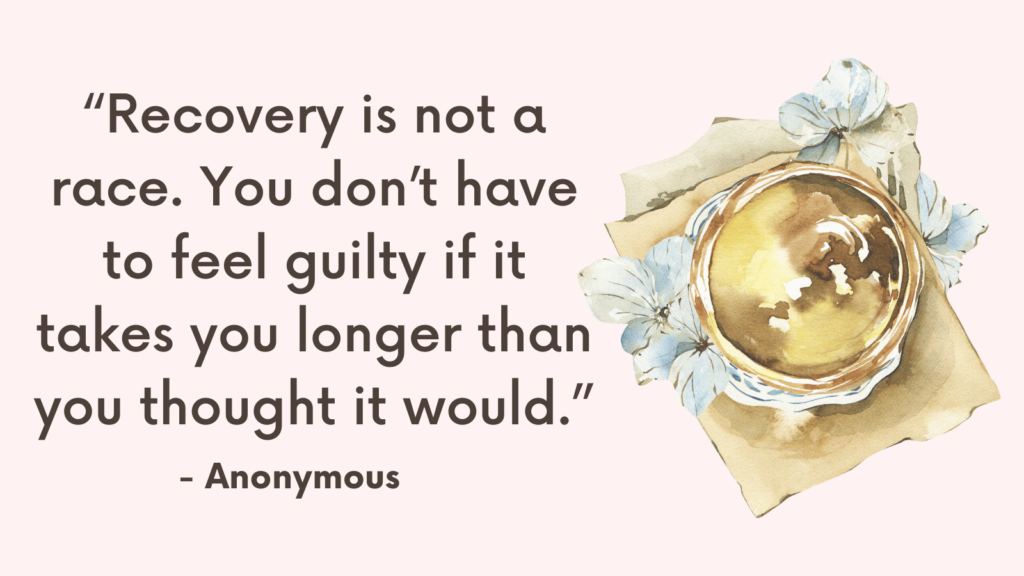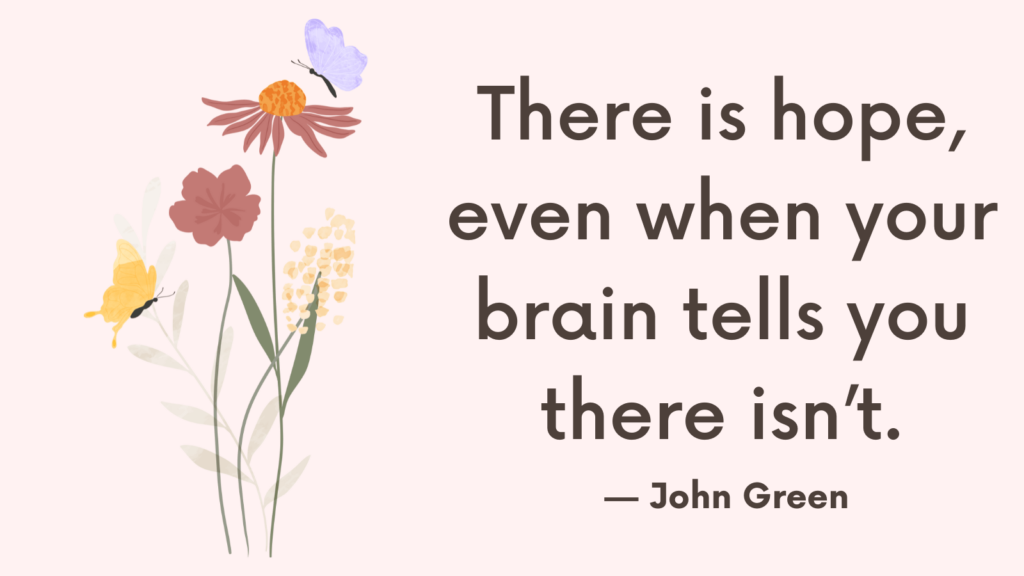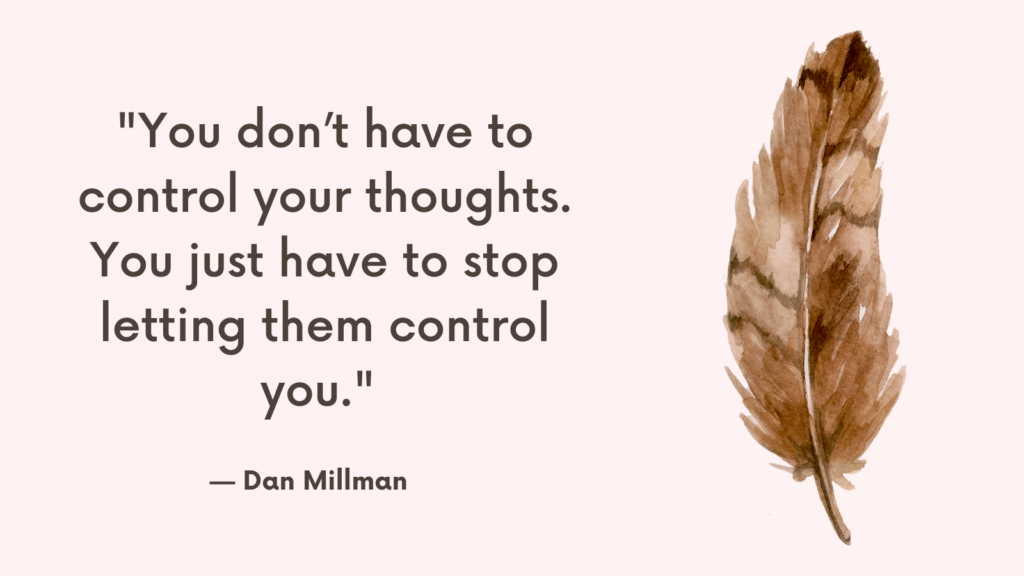In this post, you’re going to learn how to be less emotionally reactive.
Emotional reactivity can feel overwhelming, dictating our responses to daily interactions and stressing our mental health.
One of the core triggers of this heightened emotional response is a cognitive distortion known as “black and white thinking” or “all-or-nothing” thinking.
This style of thinking lacks nuance, pushing perceptions to the extremes and intensifying emotions unnecessarily.
Understanding Black and White Thinking
Black and white thinking involves viewing situations, people, or oneself in extreme, either/or categories.
It often uses absolute terms like “always,” “never,” “perfect,” or “terrible.”
For instance, you might think, “I always mess things up,” or “They never listen to me.”
This type of thinking amplifies emotional responses and strips away the complexity of real-life situations, which almost always contain shades of gray.
Related: What Causes Cognitive Distortions? (+Top 10 Common Cognitive Distortions & How To Challenge Them)
The Impact of Extreme Thinking
The main issue with black and white thinking is that it amplifies your emotional reactions, making you more susceptible to stress, anxiety, and depression.
It distorts reality by exaggerating negatives and minimizing or ignoring positives, creating a skewed worldview where outcomes are either perfect or catastrophic.
This not only affects your emotional health but also makes you feel powerless, stuck in a cycle of negativity that is hard to break.
Why Do We Engage in Black and White Thinking?
At its core, black and white thinking is a protective mechanism.
It simplifies the world and often positions us as the ‘victim’ or ‘hero,’ which can temporarily feel comforting.
For example, thinking “my boss is the worst” can feel simpler and more validating than considering the nuanced reality that your boss has both strengths and weaknesses.
However, while this might offer short-term relief from uncomfortable feelings like guilt or inadequacy, it ultimately keeps us from engaging effectively with our challenges and moving forward.
Related: 15 Cognitive Distortions (and How to Challenge Them)
How to Be Less Emotionally Reactive?
1. Identify Trigger Words
Words like “always,” “never,” and “impossible” are indicators of black and white thinking.
Start by catching yourself when you use these absolutes and challenge their validity.
2. Practice Emotional Labeling
Instead of saying, “I feel like they’re ignoring me,” which assigns intent and blame, try identifying the core emotion: “I feel neglected.”
This focuses on your feelings rather than assuming others’ motives.
3. Seek the Gray
Replace extreme thoughts with balanced ones.
If you think “everything is terrible,” list things in your life that aren’t terrible.
This helps in recognizing that while some aspects may be challenging, not everything is negative.
Related: +20 Overgeneralization Examples & How to Avoid It
4. Look for Exceptions
Every time you catch yourself thinking in absolutes, try to find an exception.
If you think “I never do anything right,” recall a time when you did something successfully.
5. Get Specific
Generalizations fuel black and white thinking.
Be specific about what bothers you or what went wrong, rather than labeling entire experiences or days as failures.
Related: How To Do Thought Work In 3 Simple Steps
6. Accept Complexity
Life is rarely black or white.
Most situations and people, including ourselves, are a mix of good and bad qualities.
Acknowledging this complexity can reduce the emotional intensity associated with extreme thinking.

Conclusion
Learning to accept life’s complexities is key to emotional stability.
When we allow ourselves to see beyond black and white, we open up to a more realistic and forgiving perspective.
This shift not only reduces emotional reactivity but also enhances our ability to deal with life’s challenges more effectively.



